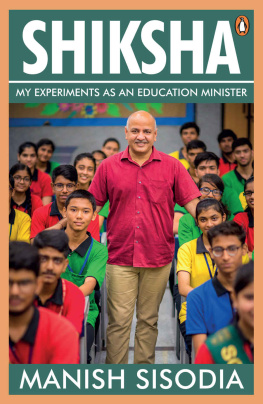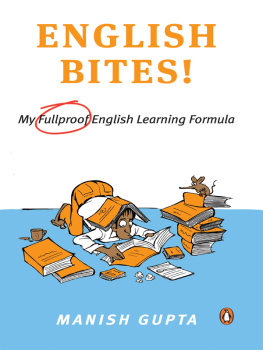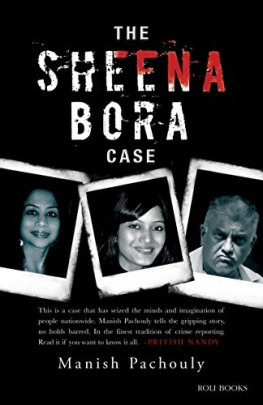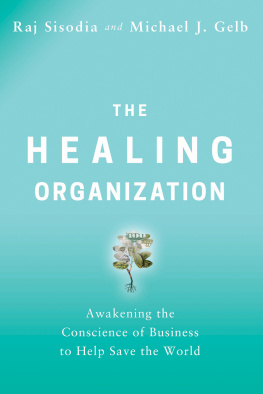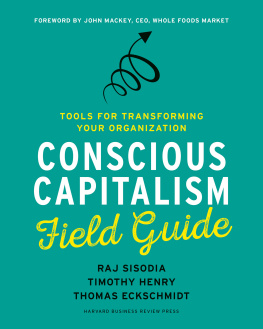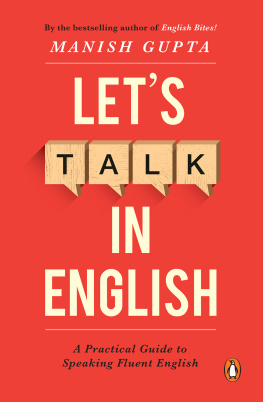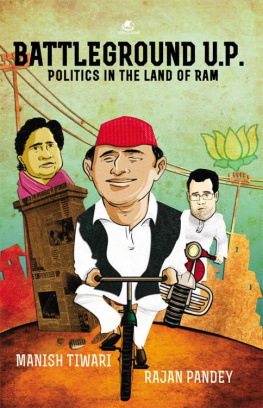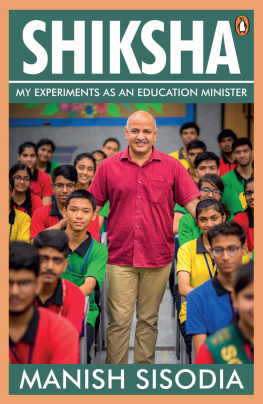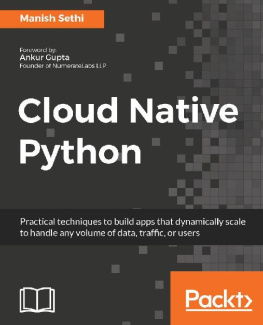Manish Sisodia - Shiksha: My Experiments as an Education Minister
Here you can read online Manish Sisodia - Shiksha: My Experiments as an Education Minister full text of the book (entire story) in english for free. Download pdf and epub, get meaning, cover and reviews about this ebook. year: 2019, publisher: Penguin, genre: Science. Description of the work, (preface) as well as reviews are available. Best literature library LitArk.com created for fans of good reading and offers a wide selection of genres:
Romance novel
Science fiction
Adventure
Detective
Science
History
Home and family
Prose
Art
Politics
Computer
Non-fiction
Religion
Business
Children
Humor
Choose a favorite category and find really read worthwhile books. Enjoy immersion in the world of imagination, feel the emotions of the characters or learn something new for yourself, make an fascinating discovery.
- Book:Shiksha: My Experiments as an Education Minister
- Author:
- Publisher:Penguin
- Genre:
- Year:2019
- Rating:4 / 5
- Favourites:Add to favourites
- Your mark:
- 80
- 1
- 2
- 3
- 4
- 5
Shiksha: My Experiments as an Education Minister: summary, description and annotation
We offer to read an annotation, description, summary or preface (depends on what the author of the book "Shiksha: My Experiments as an Education Minister" wrote himself). If you haven't found the necessary information about the book — write in the comments, we will try to find it.
Shiksha: My Experiments as an Education Minister — read online for free the complete book (whole text) full work
Below is the text of the book, divided by pages. System saving the place of the last page read, allows you to conveniently read the book "Shiksha: My Experiments as an Education Minister" online for free, without having to search again every time where you left off. Put a bookmark, and you can go to the page where you finished reading at any time.
Font size:
Interval:
Bookmark:



PENGUIN BOOKS

PENGUIN BOOKS
PENGUIN BOOKS
The son of a government schoolteacher, Manish Sisodia, deputy chief minister and education minister of Delhi, is a senior leader of the Aam Aadmi Party and a member of the Political Affairs Committee. In the past, he was a journalist with Zee News and All India Radio, after which he was active in the struggle to get the Right to Information Act passed in Parliament and played a key role in laying the foundation of the Jan Lokpal Movement. His significant contribution to reforming the education system in Delhi has gained him the reputation as one of the best administrators and educationists in the country.
To all the proud teachers of Delhi government schools
I n Delhi, government schools have brought new hope in the education system by scoring a pass percentage of over 96 per cent this year. This is a great class 12 result. The fact that these are the best results in the last twenty-one years makes this an important landmark. What fills me with pride is that in todays date, there are many Delhi government schools that are preferred over private schools by parents for their wards. Another feather in our cap is that the admission fee of many big private schools has not increased in the last four years. This is because the government got the accounts of these schools checked and found that they had crores of funds lying in surplus. Education departments from all over the country are now keen to visit Delhi government schools to understand what exactly is happening in this city that has drawn such attention! Not just national but many international delegations are paying Delhi a visit just to understand its education model.
During the days of agitation, in 201011, Arvind Kejriwal and I would often wonder why education was not at the centre of politics. Why was it that governments never allotted the requisite amount of money in budgets? Why was education not on anyones election agenda? In 2015, when Kejriwal was voted in as the chief minister by Delhi, with AAP getting sixty-seven out of seventy seats, it was our turn to answer these questions. We were now answerable to ourselves and the countrys politics. As soon as he became the chief minister, Kejriwal made it clear to all ministers and officers that education was the topmost agenda of his government. After four and a half years since then, as I write the introduction to this book, I can say with a great deal of happiness that our government has changed the peoples perception.
It is a fact that education has not been in focus in political discourse. The reason for this is that it isnt easy to focus on education while doing political work. There are two main reasons for this: One, we lack an organizational system in a big way. Usually, all education-related decisions are taken by the education minister or the people in the education ministry or the education directorate. If we go by the prevailing norms, there is no need for them to have an experience in or understanding of education. Any person, whose party is in majority and who has been voted in, can become the education minister; any senior IAS officer can become a director or secretary of education. These three are the principal stewards of education, but neither at the Centre nor at the state level is it important for them to have some experience in or understanding of the sector. In my view, those who understand education do not necessarily have the authority to bring about a positive change, and the ones who take decisions mostly lack the understanding. This is one reason for the current dismal situation in India. The other reason, in my opinion, is that there is no instant gratification when it comes to improving education systems as the hard work yields results later. Todays politics wants instant results. The public expects quick solutions to issues from its government. In such a situation, it becomes easier to pacify them by constructing roads or flyovers, or to float policies such as pension schemes that make a bit of a difference to the lives of people. There has been a tradition to use popular schemes to woo voters but working on education doesnt just mean building a school. Improving education also means constantly supervising hundreds and thousands of teachersto ensure that they spend more time in schools, that they attend training programmes, and to make them more accountable. These are enough to make anyone unpopular among teachers but without these, without their support, without putting them in mission mode, it is impossible to make any improvements in the education sector. This is probably the reason why previous ministers have not made education the focus of their agenda.
In the last four years, many of my well-wishers have commented that we have been doing great work in the sector of education and the country needs development in this arena the most, but we should also float schemes that will make our politics successful. By this they mean winning elections. The success or failure of politics is in futures womb but, for now, Delhi is proof that if there is political willingness, the countrys growth vis--vis education is possible. The Delhi education model is testament to the fact that with extreme diligence and political willpower government schools can be made like private schools even at a time when their performance across the country is underwhelming. Delhi is also an example of how with political interest and honest governance, the steeply rising fees in private schools can be regulated, which is a major source of concern for a lot of parents.
I am writing this book to document this story of transformation, so that people can appreciate these finer points which have been effective in helping the Delhi government change the face of government schools. It is also to familiarize them with the reason behind these efforts because just getting good results and building great structures do not translate to good education. Education is not merely about creating a society equipped with school and college certificates. Education is more than that, much more.
The purpose of education is not just to help people improve their earning capabilities or to contribute to the countrys economic development. Education can also help raise the consciousness of the country and society. Research documents and books on education may have mentioned some of these intentions, but today, in practice, the aim of the education that we are giving to our next generation through schools, colleges, libraries, laboratories and exams doesnt seem to be the same. The worldview and society that we seem to be talking about at national and international forums and the one that we are trying to build with our alliances, compromises and laws, etc.in none of these is there a stress on putting education to use as a potential tool. In all conferences and seminars on education around the world, there is a definite focus that no child in any country should be left behind. A lot of effort is also being made towards this. There are various programmes, such as no child left behind; Samagra Shiksha Abhiyan (education for all); and to get every child on earth to school. These are good and important projects. The question of the hour though is, what will we give these children after getting them to school? Education? On what? What kind? To what end? The attempt is to teach the child everything, from grammar to science, so that he/she can find employment, so that he/she can live respectfully. A lot of effort is put into getting a child admitted to a good school. But there is no stress on ensuring that the child does not participate in any kind of violence, does not contribute to pollution, does not spread hatred, does not spread corruption. Good grammar is assured but not courteous conduct.
Font size:
Interval:
Bookmark:
Similar books «Shiksha: My Experiments as an Education Minister»
Look at similar books to Shiksha: My Experiments as an Education Minister. We have selected literature similar in name and meaning in the hope of providing readers with more options to find new, interesting, not yet read works.
Discussion, reviews of the book Shiksha: My Experiments as an Education Minister and just readers' own opinions. Leave your comments, write what you think about the work, its meaning or the main characters. Specify what exactly you liked and what you didn't like, and why you think so.

